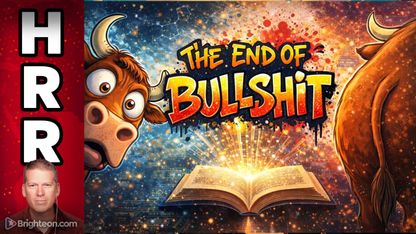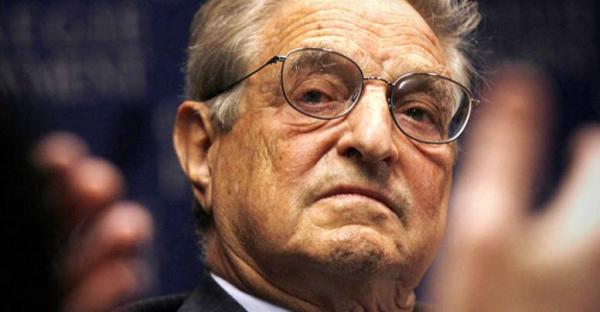
In a 161-page draft report entitled, "Vulnerability and Resilience in Crisis – Ethical, Criteria for decisions in a pandemic" that was released on April 4, the GEC criticizes the "mass media's" lack of critical reporting about the plandemic.
"Obvious undesirable developments were hardly addressed with the necessary clarity by a journalism that saw itself as 'constructive' or 'sensitive to the common good,'" the document reads.
"Reporting by mass media that is too affirmative or one-sided pleadingly fails to stimulate the formation of opinions ... Criticism is not only legitimate, it is necessary."
The document was originally published in German but translated by The Exposé (U.K.) into English. You can read it for yourself at the Exposé's website.
Section 4, subsection 4.2 of the document, entitled "Reliable and robust institutions and processes of democracy and political participation," goes into greater detail about mass media's complicity in the deception scheme. (Related: Foreign powers were also complicit.)
"The pandemic continuously requires complex balancing decisions," it states. "Such weighing decisions are ultimately of a political nature. However, they are not necessarily based solely on well-founded factual insights provided by natural or social science expertise."
"Because they also affect morally and legally relevant good and options to a considerable extent, these weighing decisions must also fall back on legal and ethical criteria."
Criticism of the government is both legitimate and necessary in a free society
At no point throughout the process was the public allowed to provide input into any of the decisions that were being made, either. It all came straight from the top, and the media facilitated this.
The lockdowns also prevented people from gathering as they normally would to discuss the matter in person, and possibly come up with solutions. This was by design to break the social contract and keep everyone isolated and in the dark.
"All decision-making processes of state institutions are ultimately based on civil society resources, on a free political culture and an enlightened political socialisation, above all on the initiatives of opinion-forming associations," reported the Exposé.
"During the pandemic, many of the usual occasions and places where more deliberative communication could take place could not be accessed due to restrictions placed on society in response to the Covid pandemic, the applicable contact and mobility restrictions. In view of these limitations, the function of not only social media but also that of the mass media for political deliberation is all the more important."
Instead of the normal social bonding process, the media was inserted to take its place and form the narrative for people, rather than those people forming their own beliefs based on facts and critical thinking.
Unfortunately for the world, the media fed us all lies while avoiding contentious subject matter that might have caused at least some people to give the issues a second thought.
"The crisis and state of emergency must not be used as an opportunity to forego critical journalism," reads an opinion piece from Neues Deutschland that agrees with the claims made by the GEC.
"Because that's when he's required! It must show the political and social conflicts that are under the 'priority of the fighting a pandemic,' but are in danger of being forgotten. Keeping the awareness of contradictions alive and offering them a forum would be an educational task in the midst of all the media hustle and bustle."
In the GEC document, it is further emphasized that criticism of government policy is not only legitimate but necessary, especially within the context of a supposedly free society.
More stories like this one can be found at Pandemic.news.
Sources for this article include:
Please contact us for more information.






















